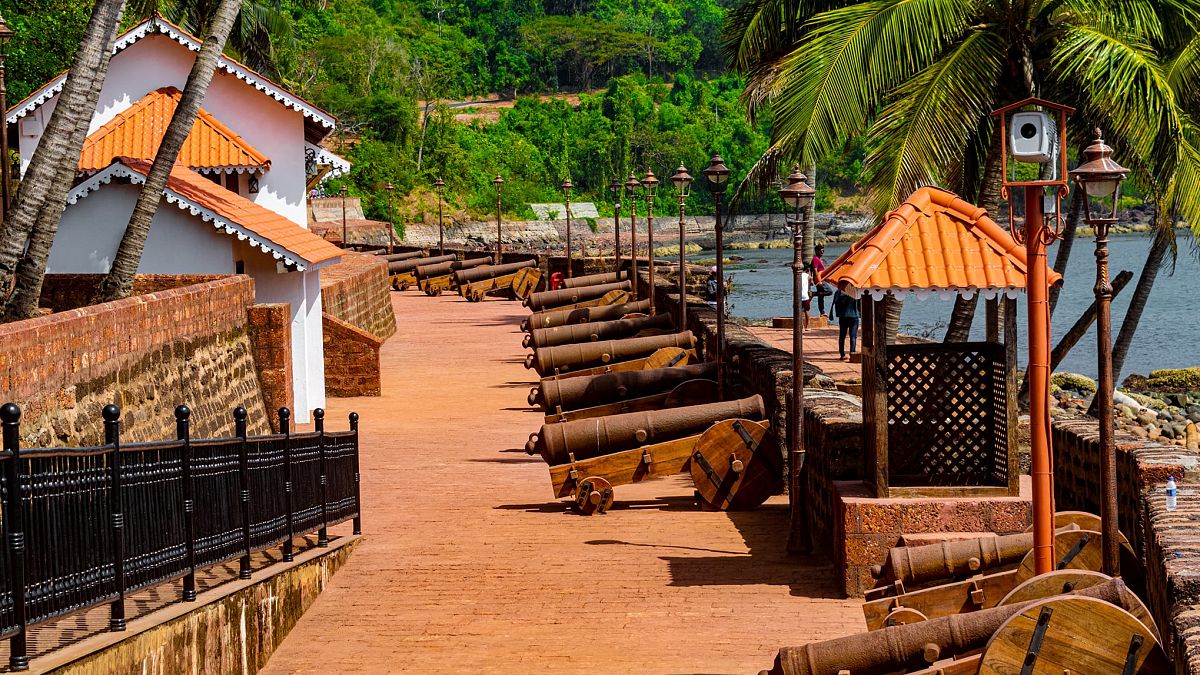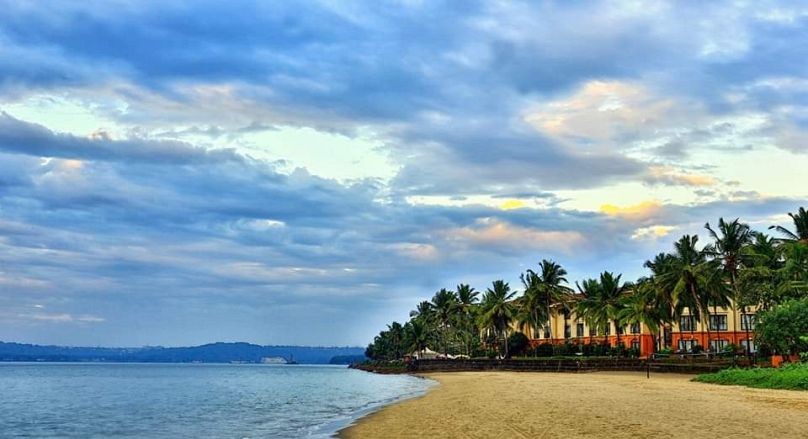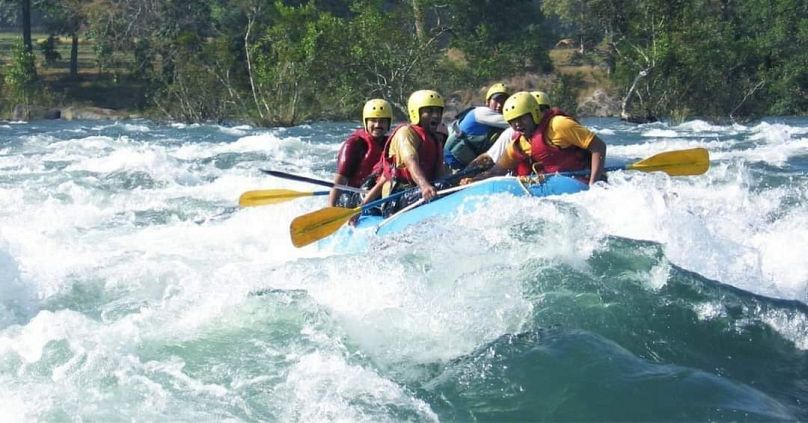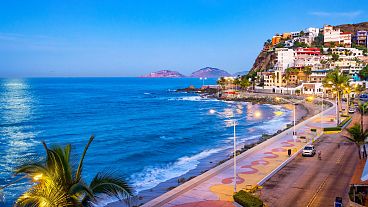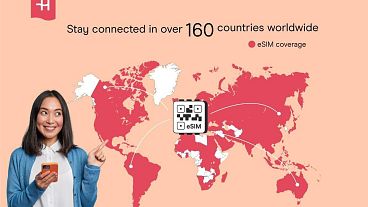With its world-famous beaches and efforts to extend fast internet connection to rural areas, Goa is aiming to become the number one digital nomads’ choice for a “workation.”
The beautiful beaches of Goa have long been the stage of dreamlike holidays and joyous partying for tourists.
Now, the Indian state is trying to attract visitors who’d stay longer and embrace living within the local community - turning their holidays into a unique workation.
“Goa has always been a preferred destination,” Goa’s minister of tourism and IT, Rohan Khaunte, tells Euronews Travel, with tourists looking for “the sun, sand and sea.”
But following the pandemic, the tourists coming to Goa are no longer the same as they were before the health emergency, Khaunte says.
“It’s a form of revenge tourism, travellers want to explore more, do more things, and we need to create these opportunities for them.”
How is Goa appealing to digital nomads?
Goa has been striving to become a remote work hub for some time, but it’s now doubling down on its efforts with the campaign “Workation Goa.”
This invites “digital nomads who want a creative, peaceful place with a good quality of life” to move to the state, where this lifestyle is part of the local culture.
In order to do so, Goa is introducing high-speed connectivity in rural areas of the state and creating coworking shacks “sea hubs” along its world-famous beaches.
The state’s sea hubs will be spaces by the beach which “allow digital nomads to work and then enjoy the local life, go for a swim, do some water sports on the beach,” Khaunte says.
Fast and reliable internet connection in rural areas of the state will not only make the villages accessible to digital nomads, but also encourage more tourists to travel in the most remote parts of the state - bolstering Goa’s homestay programme.
This would in turn allow digital nomads and tourists to deepen their understanding of the local culture.
Goa’s government is aiming to have 100 per cent internet connectivity in its territory in two years.
Does Goa have a digital nomad visa?
The western state is still pushing the Indian government for the introduction of a digital nomad visa category, but it’s confident that progress is being made in this direction.
This visa would allow digital nomads to stay in Goa - and anywhere else in India - for a year while working remotely for a foreign-based employer or working freelance.
India currently offers a long-term, multi-entry visa which is technically for tourism purposes only.
“The whole country has to gain from this, not only Goa” Khaunte says, “ Digital nomads will give back to the country and help empower local communities and rural women, because homestays are run by women.”
By encouraging digital nomads to move to Goa, the state is encouraging “sustainability and women empowerment,” Khaunte says.
